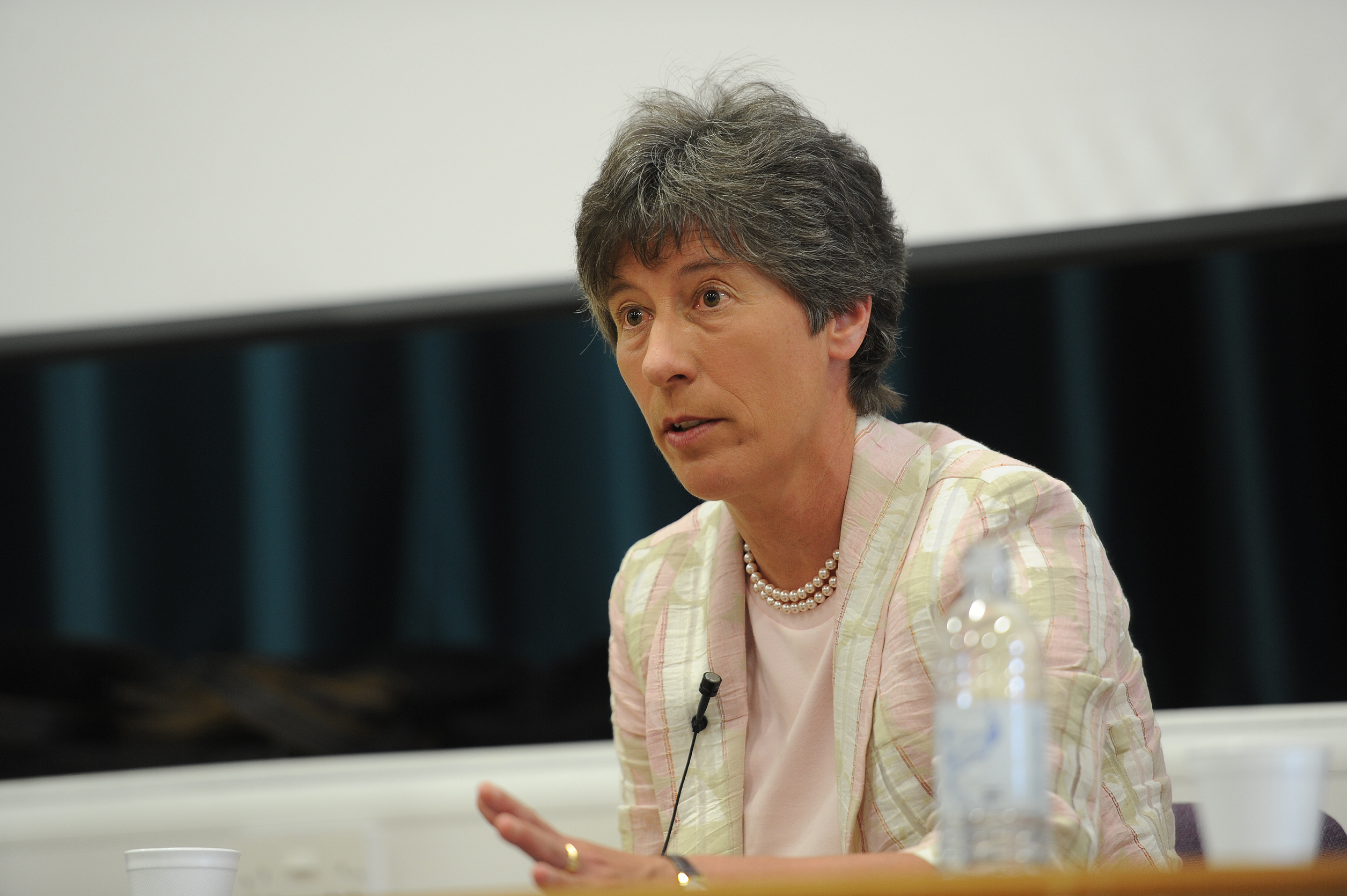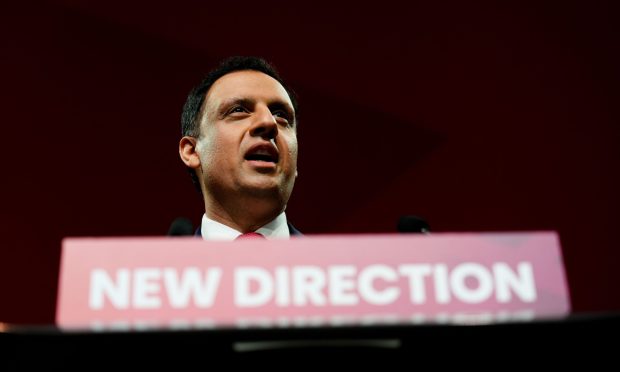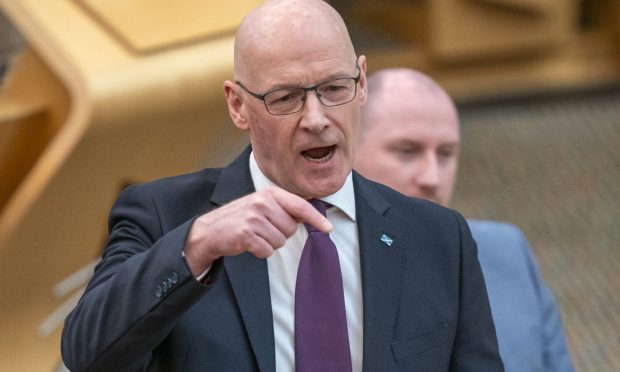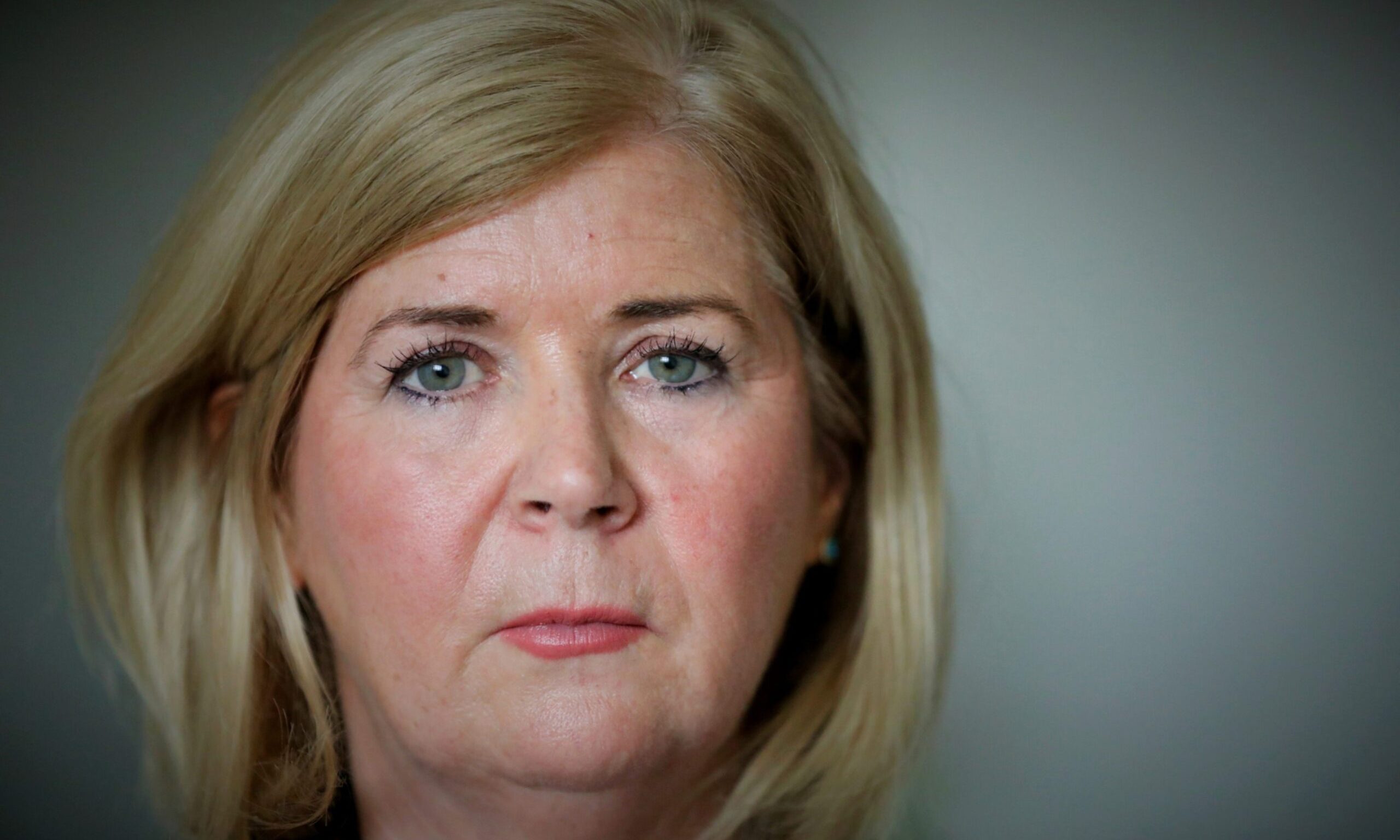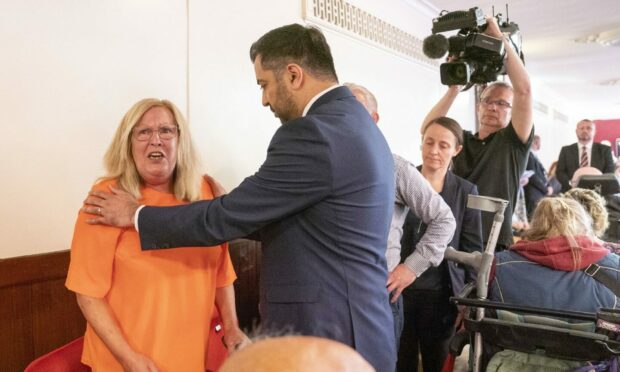The future of National 4s is in doubt amid widespread calls for reform.
A teachers’ union said the qualification, which involves no external exams, had come to the “end of the road” and should be scrapped.
The latest figures from the Scottish Qualifications Authority show a drop in interest in the exams, with entries falling 11% to 116,000 from 2015 to this year.
Seamus Searson, general secretary of the Scottish Secondary Teachers’ Association, said: “These entry rates are proof of how parents and teachers are viewing National 4.
“The worry for us is that if parent and pupils don’t value it then employers will not value it either.
“My view is National 4 has come to the end of the road because without an exam there are questions over whether it is a valid qualification.”
The qualification was introduced in 2014 when the Standard Grades system was replaced by the Scottish Qualifications Authority’s National exams.
Fears were raised that, without an external exam element, it would be seen as a second-tier qualification.
Teachers judge pupil performance in what are calling unit assessments.
But the SQA, which is reviewing the design of the National 4, insisted it should be seen as on a par with other qualifications.
Opposition parties said the exams system needs major reform.
Liz Smith, for the Scottish Conservatives, said the National 4 “does not serve the best interests of far too many pupils”.
“The SNP government should now instigate a root and branch review of the National 4 qualification with a view to scrapping it if it is shown to no longer be required,” she added.
Scottish Labour’s Iain Gray said: “It is not just National 4 which needs reviewed and reformed, but the exam system and the senior phase, S4 – 6 as a whole.”
John Swinney, the Education Secretary, said: “This week’s exam results demonstrate the excellence, strength and integrity of the Scottish qualification system.
“The drop in numbers of SQA presentations is due to many schools now designing the curriculum to enable students to build a range of qualifications and skills-based awards, as opposed to seeing individual school years in isolation.
“This means that our young people are able to build a portfolio of qualifications and awards.
“Our expert panel – which includes teachers – recognises the need to consider the current approach to assessment of the National 4 qualification.
“Any review of qualifications must take into account the broad range of views of our education bodies, teachers, pupils and parents to ensure that all of our qualifications maintain credibility.”
